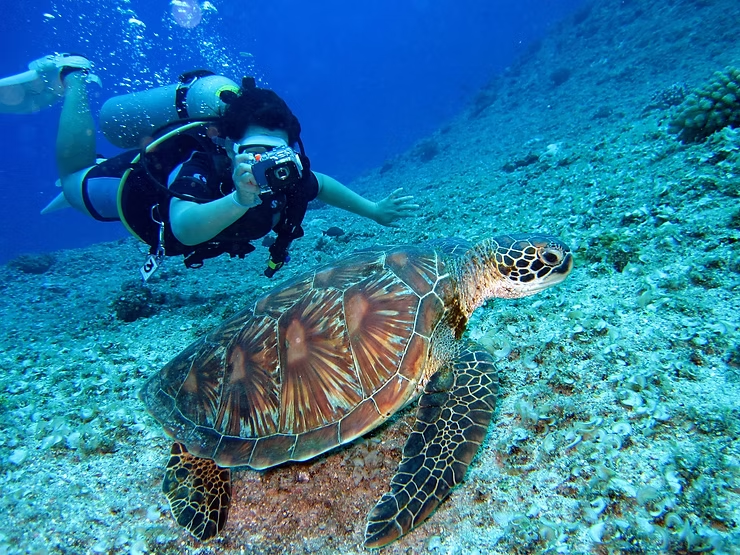Strengthening International Agreements to Protect the Marine Environment
Protecting the oceans requires coordinated global action. International agreements and policies are essential for addressing complex and interconnected challenges facing marine ecosystems. The health of the oceans impacts climate, biodiversity, and human communities worldwide, making international cooperation a necessity for sustainable ocean management.
Global Impact and Transboundary Challenges
The oceans are interconnected, and their health affects all nations and ecosystems. Issues such as climate change, overfishing, plastic pollution, and habitat destruction require collective solutions. Many challenges, including migratory species and marine pollution, cross national borders, making international agreements vital for collaboration, information sharing, and joint action.
Conservation and Sustainable Use
Biodiversity Conservation
International policies support the creation and management of marine protected areas (MPAs) and other conservation measures, safeguarding critical habitats and marine species for future generations.
Sustainable Fisheries
Overfishing threatens food security and livelihoods globally. Agreements set catch limits, establish best practices, and promote responsible fishing to ensure sustainable fishery resources.
Climate Change Mitigation
International cooperation enables coordinated action to reduce greenhouse gas emissions, mitigate ocean acidification, and protect vulnerable marine ecosystems.
Pollution Control and Research
Marine Pollution Management
Agreements foster joint efforts to prevent, reduce, and manage marine pollution from plastics, oil spills, and chemicals, protecting marine life and habitats.
Research and Data Sharing
Collaboration enhances research, monitoring, and data exchange, providing comprehensive knowledge of ocean conditions and informing effective conservation strategies.
Capacity Building and Governance
Capacity Support
International agreements assist nations, particularly developing countries, in implementing ocean protection measures through training, resources, and technical support.
Effective Governance
Legal frameworks and governance structures established by international agreements guide countries in adopting and enforcing policies that protect marine environments.
Economic, Cultural, and Social Benefits
Blue Economy Opportunities
Agreements support sustainable blue economy development, balancing economic growth with responsible use and conservation of ocean resources.
Disaster Preparedness and Indigenous Knowledge
International frameworks enhance disaster response and integrate indigenous knowledge, fostering culturally informed and effective conservation practices.
Sustainable Tourism and Corporate Responsibility
Policies promote responsible tourism and encourage corporations to adopt environmentally conscious practices in ocean-related industries.
Long-term Vision and Global Advocacy
International agreements facilitate ecosystem-based management, harmonize environmental standards, support long-term planning, and amplify advocacy and public awareness. Strengthening these agreements is crucial to safeguarding marine biodiversity, combating climate change, and ensuring the oceans remain a resilient resource for future generations.

